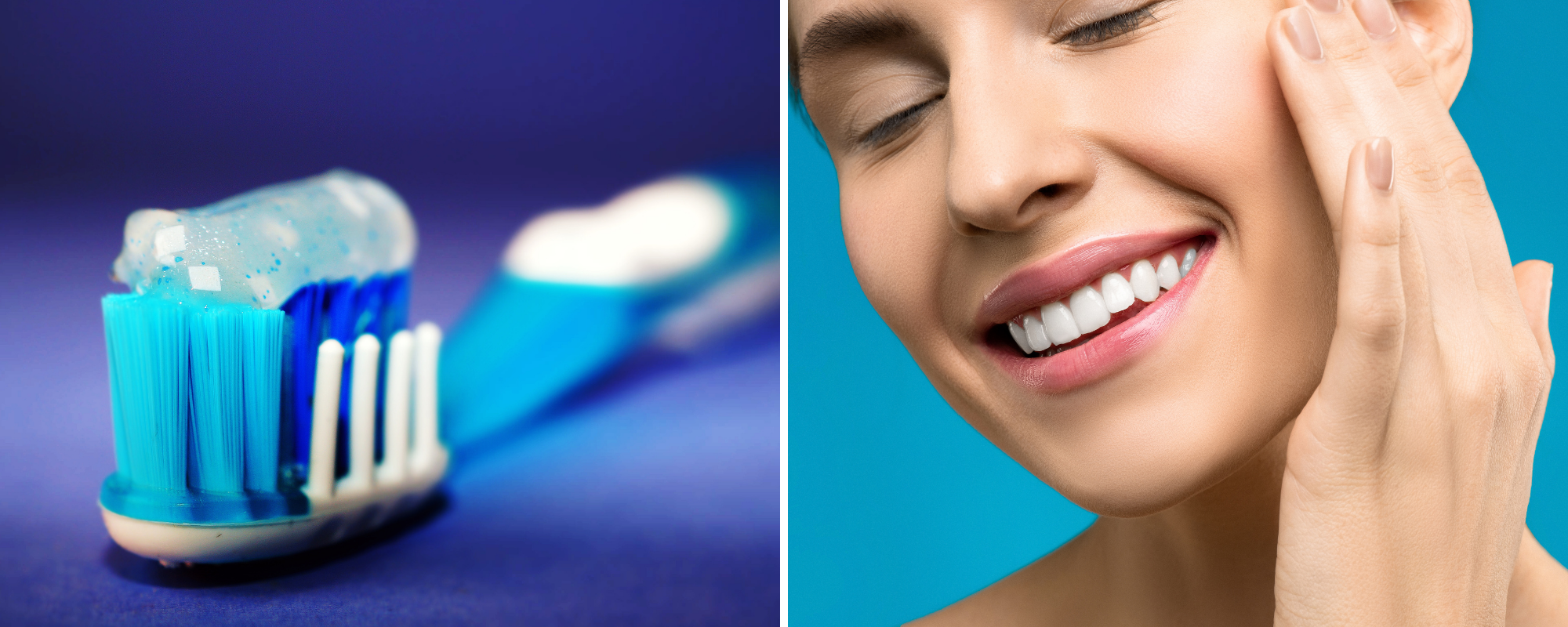The foods you eat not only affect your overall health, but those foods also play a part in your oral health. Sugary snacks and beverages can lead to tooth decay, which according to the American Dental Association is the most common chronic childhood disease, but it is completely preventable. Tooth decay occurs when plaque comes into contact with sugar and causes a reaction which leads to acid attacking the teeth. Some common sources of sugar in the diet are found in soft drinks, candy, and desserts.
The American Dental Association also suggests reducing the number of snacks you eat during the day, and if you do have a snack pick something that is healthy such as a fruit, vegetable, whole grain products, yogurt or cheese. The food that you eat during a meal causes less harm than foods eaten for a snack because more saliva is released while eating a meal. The saliva helps wash the foods from the mouth and reduces the effects of the acids.
They also recommend brushing your teeth twice a day with fluoride toothpaste, floss daily and visit the dentist regularly. It’s important to remember that with good personal discipline for practicing good oral hygiene practices and choosing healthier food choices, you can prevent tooth decay from ever occurring.
Nutrition for strong and healthy teeth
Calcium, vitamin D and phosphorus all play a vital role in the formation and maintenance of healthy teeth and gums in both children and adults. Calcium plays a role in building strong bones and teeth, however, calcium needs phosphorus to maximize its bone strengthening benefits. Vitamin D regulates the body’s balance of calcium and phosphorus, and can promote absorption. Vitamin D can also help to decrease inflammation of gums which is associated with periodontal (gum) disease. A healthy diet is essential for healthy teeth. Below are foods that contain calcium, vitamin D and phosphorus.
Calcium – Dairy foods such as cheese and yogurt, Cruciferous vegetables such as kale, collard greens, and broccoli, spinach, white beans, sardines, and calcium-fortified orange juice.
Vitamin D – Natural sunlight, vitamin D-fortified milk, eggs, some cereals, oily fish (tuna, sardines etc), mushrooms.
Phosphorus – protein-rich foods such as meats, poultry, fish, nuts, beans and dairy products and whole grains.

